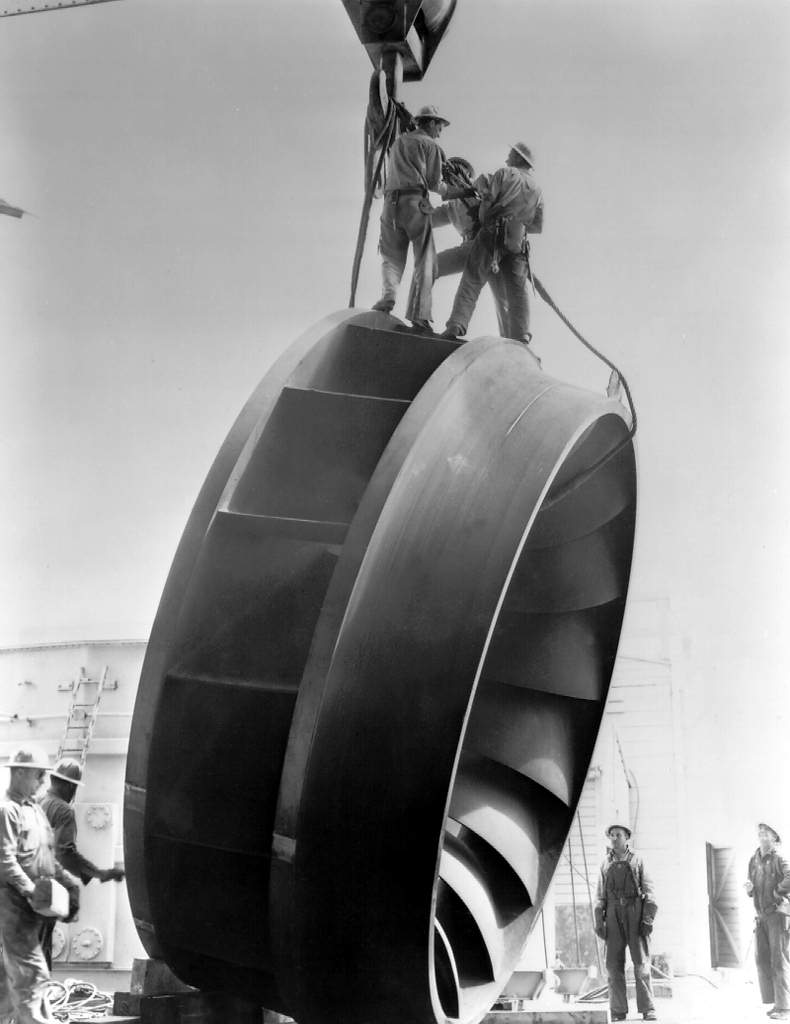
ACE-DATA
Delivering Added-value To Antarctica

Abstract
The Antarctic Circumnavigation Expedition (ACE) is a unique scientific expedition that took place from 20 December 2016 to 19 March 2017. Organised by the Swiss Polar Institute (SPI) and funded mostly through private philanthropy, ACE brought together more than 150 scientists from 23 countries collaborating on 22 projects on a research vessel that sailed all around Antarctica, conducting continuous measurements of physical, biological and chemical properties of the ocean and atmosphere, throughout the Southern Ocean and at 12 groups of islands for terrestrial sampling along the way.
The voyage finally collected data from over 3600 events at 96 stations. With more than 27500 samples collected and still awaiting analysis there is a great deal of further data to add to the existing files for many of the projects. Moreover, several projects continuously recorded oceanographic and atmospheric variables with time resolutions of well below one hour, providing an unprecedented temporal and spatial coverage of the region.
Given that the data sets of these 22 projects have been managed in a common way and their metadata entered into a common system during the expedition, and given the extreme rarity of such extensive data sets, it is important to answer some of the more holistic questions by developing the interlinkages.
In order to valorise this unique set of data, the ACE-DATA project therefore aims at establishing a common data platform as a tool for the 22 ACE projects to work on and from and enable collaborations as well as open access. Furthermore, data sciences offer an unprecedented opportunity to break down the walls of science silos and “make new science” beyond the original planned individual project results, by discovering interdependencies among measurements which were acquired independently and possibly representing processes never paired until now.
People
Collaborators


Eric received his PhD degree in Electrical Engineering from Columbia University, New York, in June 1999. Eric Bouillet has been working at IBM T.J. Watson Research Center, Hawthorne, NY since June 2004, and at the IBM Smarter City Technical Centre, Dublin from October 2010 to August 2016. While at IBM he has been working on scalable data stream analytics applied to a number of fields, including finances, law-enforcement, telecommunications, environmental monitoring, intelligent transport systems, and aircraft reliability control systems. Before joining IBM Research, Eric Bouillet was at Tellium, Oceanport, NJ where he was part of the research team who invented and designed the first commercial optical mesh restoration network (deployed nationwide and documented in their book Path Routing in Mesh Optical Networks), and at Lucent Technologies’ Mathematical Science Center in the department of Mathematics of Networks and System Research department where he worked on the design optimization and sizing of circuit and packet switched networks.


Michele received a Ph.D. in Environmental Sciences from the University of Lausanne (Switzerland) in 2013. He was then a visiting postdoc in the CALVIN group, Institute of Perception, Action and Behaviour of the School of Informatics at the University of Edinburgh, Scotland (2014-2016). He then joined the Multimodal Remote Sensing and the Geocomputation groups at the Geography department of the University of Zurich, Switzerland (2016-2017). His main research activities were at the interface of computer vision, machine and deep learning for the extraction of information from aerial photos, satellite optical images and geospatial data in general.
description
Motivation
A unique opportunity to collect data at the same time and location across wide-ranging scientific disciplines. It is however an open question how to group a wide variety of heterogeneous measurements in the form of time series with different temporal and spatial resolutions. In the Data Science part of the ACE-DATA project, we aim at finding ways to discover correlations and dependencies across variables, which can then be object of domain science specific studies to validate or reject discovered relationships. We plan on first to harmonise and homogeneise the data, which is then input into a model relating and grouping variables. We aim at doing this accounting for the large group of scientist and disciplines involved in ACE, and by leveraging the different expertises.

Solution
After a careful sensor and domain specific harmonisation (raw and process data published at Search Swiss Polar Institute: Antarctic Circumnavigation Expedition (ACE)) we paired measurements into a large, multiresolution dataset. We use an extension of a sparse Principal Component Analysis to decompose the data matrix into components, which summarise into group common directions of variance. This results in a clustering of variables which has been validated and discussed by ACE scientists, and a paper published at Exploring the coupled ocean and atmosphere system with a data science approach applied to observations from the Antarctic Circumnavigation Expedition. A limitation of the study which is worth investigating, is the nonlinear time-lag effects across variables, which can affect more or less some of these discovered dependencies.

Impact
This project allowed a first, unprecedented use of paired cruise data to disentangle the data relationships, as coming directly from sensors mounted on a boat. This study not only provides a possible novel methodological insight into discovery into heterogeneous datasets, but also provides comprehensive, domain science driven description of the many complex processes occurring on the Southern Ocean, therefore providing a useful guide for further data acquisition and studies.
Presentation
Gallery
Annexe
Reports
- All ACE consortium publications: Search Swiss Polar Institute: Antarctic Circumnavigation Expedition (ACE)
Data and software
- All datasets from the Antarctic Circumnativation Expedition:
Search Swiss Polar Institute: Antarctic Circumnavigation Expedition (ACE) - GitHub - Swiss-Polar-Institute/pyantarctica: python pyantarctica package) contains base functions and classes to handle data, experiments and visualisations
- ACE / spca-decomposition · GitLab: repository reproducing results in: Landwehr et al., Biogeochemistry and Physics of the Southern Ocean-Atmosphere System Explored With Data Science, 2021.
Additional resources
Bibliography
Publications
Related Pages
More projects
EKZ: Synthetic Load Profile Generation
OneDoc: Ask Doki
SFOE Energy Dashboard
News
Latest news


Data Science & AI Briefing Series for Executives
Data Science & AI Briefing Series for Executives


PAIRED-HYDRO | Increasing the Lifespan of Hydropower Turbines with Machine Learning
PAIRED-HYDRO | Increasing the Lifespan of Hydropower Turbines with Machine Learning


First National Calls: 50 selected projects to start in 2025
First National Calls: 50 selected projects to start in 2025
Contact us
Let’s talk Data Science
Do you need our services or expertise?
Contact us for your next Data Science project!




